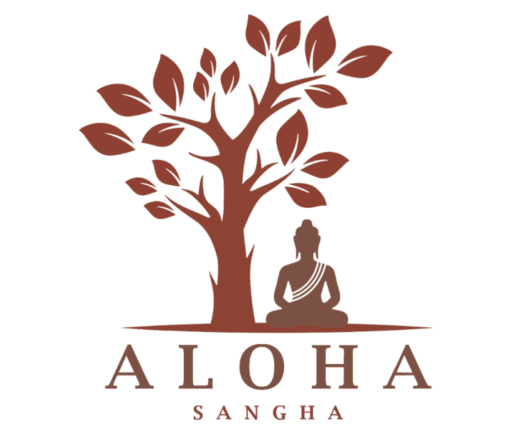now more than ever
The suffering in the world is overwhelming. But the whole mess looks differently when we have a rested, settled mind.
Everyone is frazzled. Covid-19, politics, racial and economic disparities, police shootings, school shootings.
That’s why it’s really important to sit down and do some formal meditation practice.
Every day.
It’s too easy to get lost in the news, social media and yes, Netflix, but just be careful.
When there is this much collective anxiety, it only takes one person to tip the balance in a room in favor of cool, rational thought.
That would be you, the mindfulness meditator!
Because in your mind there is less friction. You don’t easily fall into the irrational rabbit holes, extreme views and fixations abounding everywhere.
yes, you can meditate every day
Because you put the tush to the cush. Every day, if you can.
And, oh yes. You always can.
I can understand not wanting to sit down and down to do formal meditation practice right now. You might miss something important on the news.
it’s never easy, get over it
It’s not an easy time to be sitting quietly at home, honestly. But it really never is easy. Just necessary.
Now more than ever.
The suffering in the world is overwhelming. But the whole mess looks differently when we have a rested, settled mind.
Even watching clips of this week’s “debate” after a session of sitting meditation — is bearable. You just feel so much compassion!
We need to make space for this vital, daily, life changing habit.
Now more than ever.
During these times, it’s especially OK to be sad.
our precious vulnerability
With mindfulness, our sadness becomes our strength, through our vulnerability. Our humanity. Our “calor humano” as we say in Spanish.
It’s a strength that lets our heart break open. Over and over.
Now more than ever.
I often read poems written by dedicated Buddhist practitioners of old. So many Buddhist poems are I read as invitations:
To be transformed on the spot,
To connect deeply with others in our common sufferings,
To open to new ways of seeing our shared human experiences,
To welcome mystery, and wondrous beauty, and pain of our own lives and the many forms of life that surround us, and
bearing witness to what touches us deeply
To bear witness to the passing away of what touches us deeply.
Now more than ever.
Ryōkan (1758-1831), the Japanese Sōtō Zen monk who spent much of his life as a hermit, once wrote a poem to a friend he could not reach, which I find points to our collective socially distanced experience coupled with the wonders of technology…but still evinces a bitter-sweet taste in our mind:
Your smoky village is not so far from here
But icy rain kept me captive all morning.
Just yesterday, it seems, we passed an evening together discussing poetry
But it’s really been twenty windblown days.
I’ve begun to copy the text you lent me,
Fretting how weak I’ve become.
This letter seals my promise to take my staff
And make my way through the steep cliffs
As soon as the sun melts the ice along the mossy paths.
I feel Ryōkan’s wish to “to take my staff/ and make my way” to my dear friends, but not yet. Maybe when a Covid vaccine is widely available.
We called called to develop a mind like the earth, as in the Buddha’s advice to Rahula, to his adult son, as recorded in the Majjhima-nikaya (verse 62). Rahu;a complained that there were just too many dispute, grievances, and ill-will around him that he could not meditate; here is what his Dad said to him:
Rahula, develop meditation that is like the earth, for then agreeable and disagreeable sensory impressions will not take charge of your mind. Just as when people throw what is clean and unclean on the earth—feces, urine, saliva, pus, or blood—the earth is not horrified, humiliated, or disgusted by it; in the same way, agreeable and disagreeable sensory impressions will not take charge of you mind when you develop meditation like the earth.
Good poetry and pithy Dharma teachings invite us into the simple beauty of our human world, and allows us to listen to the richness of our present moment experience.
Just as our wondrous mindfulness practice does.
Now more than ever.







